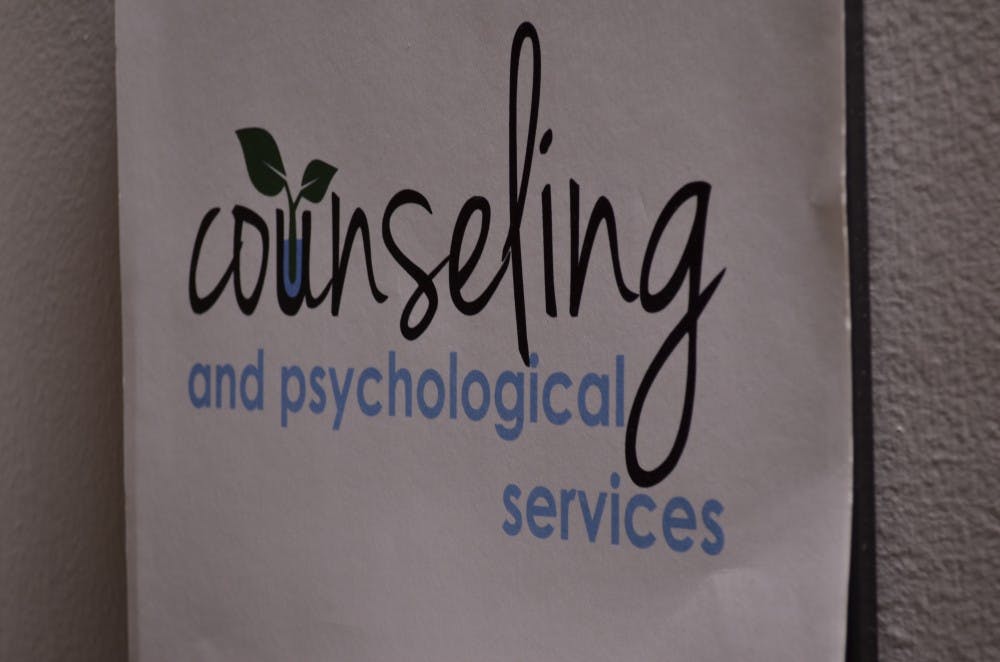Mental health needs don’t fit neatly into regular business hours. UNC’s Counseling and Psychological Services (CAPS) is working to reflect that reality with a 24/7 call line.
CAPS 24/7 is a new, after-hours resource for students experiencing a mental health crisis or in need of mental health support or guidance, according to Jeni Cook of UNC Media Relations. Students can call the same CAPS phone number, (919) 966-3658, anytime after the 8 a.m. to 5 p.m. office hours and connect with a mental health professional, Cook said. The CAPS day-to-day operations will not change and CAPS counselors will maintain their current care for students.
“Students can be affected by sudden events any time of the day or night," CAPS Director Allen O’Barr said. "And what we want to do is be able to provide a service for a student to be able to talk to a mental health professional at the time that they are distressed."
The idea for a 24/7 call line came from a recommendation by the Mental Health Task Force, which was convened in March 2018 by Vice Chancellor for Student Affairs Winston Crisp and Provost Robert Blouin.
The task force consisted of 25 members, including students and representatives across academics, health, policy and more. After its year-long investigation, the task force published recommendations for improved student mental health at UNC, including the suggestion to incorporate a 24/7 help line into their existing services.
O’Barr, who has worked at CAPS for over two decades and served on the Mental Health Task Force, said he has been pursuing the idea for a 24/7 call line for years. They didn’t have the resources to implement it, he said, until the task force’s recommendation.
“As college counseling centers experience increased utilization and strained resources, the Task Force recommends that the University continue the Task Force’s review of online tools that can allow every student to have 24/7 access to online assessment and self-care tools and a mental health counselor among other methods emerging from recent studies,” the April 2019 report said.
Before leaving UNC in October 2018, a few months after he convened the task force, Crisp voiced his desire to evaluate students' mental health needs on campus. Though interim Vice Chancellor for Student Affairs Jonathan Sauls inherited the project that Crisp started, he said it hasn’t been a challenge to continue the work.
Sauls served on the leadership team for Student Affairs with Crisp and former interim Vice Chancellor for Student Affairs Christi Hurt, during which he routinely got briefings about the committee’s work on mental health.




